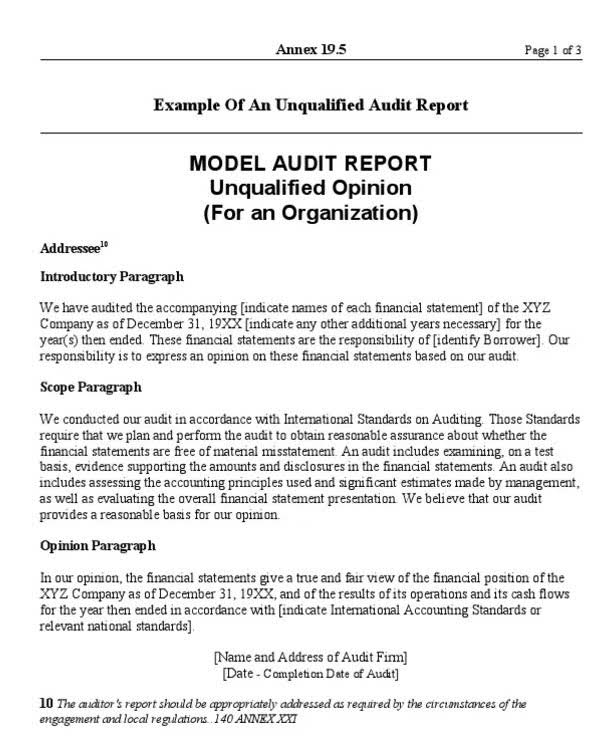
As a litigator and manager of a busy divorce practice, I cannot imagine practicing law without such a brilliantly executed piece of software. Finally, be sure to keep timely, detailed and accurate records. This includes tracking each and every deposit and withdrawal in separate client ledgers, recording the transactions as soon as they occur, and similar measures. This not only helps ensure your compliance, it’ll also help you handle an investigation of your accounting methods, should an error occur. Schedule a free demo and discover the peace of mind that comes when you automate your law firm’s accounting tasks and use a complete legal practice management solution with integrated legal accounting. So let’s dive right into the top mistakes lawyers can make with trust accounting, tips for avoiding those mistakes, and best practices to ensure your firm protects its reputation and doesn’t become a cautionary tale.

New Jersey Trust & Business Accounting: Avoiding the Pitfalls
Or vice versa, recorded in the client ledger but not the trust ledger. You’ll also need to reconcile your trust ledger to your client ledger. Your trust ledger’s ending balance should always equal the sum of all the ending balances of your client ledgers. The National Law Journal Elite Trial Lawyers recognizes U.S.-based law firms performing exemplary work on behalf of plaintiffs. This website is using a security service to protect itself from online attacks. There are several actions that could trigger this block including submitting a certain word or phrase, a SQL command or malformed data.
This content has been archived. It is available through our partners, LexisNexis® and Bloomberg Law.
Generic accounting software makes it difficult to keep all of this straight. But a trust accounting solution built with lawyers in mind can make all of this a breeze. LawPay gives you a unified place to accept payments and manage payments, and helps you avoid the ever-present danger of commingling funds.
Unmanageable number of accounts
Ethical Dilemma of the Week: Accounting Mistakes and Client Funds – FindLaw
Ethical Dilemma of the Week: Accounting Mistakes and Client Funds.
Posted: Thu, 21 Mar 2019 07:00:00 GMT [source]
In 2019 the audit notice came, and though I was nervous I was also ready. We’d had our Trustbooks subscription for three years, and the ease of use is hard to oversell. With just a few clicks every couple of months we kept our accounts perfectly balanced and all of our money accounted for. The short story is that we scored a perfect on our audit in August, and were told we were one of a few North Carolina firms each round of audits to do that. We felt accomplished, but the reality is that we just logged into Trustbooks.com before our audit, printed off all the reports, labeled them, put them in a folder along with our bank account statements, and boom, perfect score. It’s also the easiest subscription cost I pay every month as a result.
- While NLRB members are banned from participating in cases involving a former client, they may participate in decisions that help former clients indirectly.
- It’s also beneficial if the software integrates with other tools your firm uses, like QuickBooks for financial management.
- Using spreadsheets, it was a painstaking process of trying to locate where errors originated when performing my monthly reconciliations.
- It is crucial that you maintain your trust and business accounts in compliance with New Jersey’s court rules governing law office record-keeping.
- It is also extremely important for avoiding ethical issues and assisting in the defense of a legal malpractice claim should one arise.
- The information provided on this website does not, and is not intended to, constitute legal advice; instead, all information, content, and materials available on this site are for general informational purposes only.
- LawPay gives you a unified place to accept payments and manage payments, and helps you avoid the ever-present danger of commingling funds.
Avoid These 3 Trust Account Pitfalls
With its specialized features and intuitive interface, LeanLaw enables you to efficiently manage and track client funds held in trust. The Florida Supreme Court has recently disciplined hundreds of attorneys for violating Florida Bar rules. Several of those sanctioned had committed https://www.bookstime.com/ trust account violations. Before TrustBooks, my monthly reconciliations were agonizing as I balanced accounts, used multiple spreadsheets, and numerous bank statements. Another common error is when a check or deposit is recorded in the trust ledger but not in a client ledger.
- By recognizing these common errors and implementing rigorous internal controls, law firms can significantly reduce the risk of trust accounting missteps.
- So let’s dive right into the top mistakes lawyers can make with trust accounting, tips for avoiding those mistakes, and best practices to ensure your firm protects its reputation and doesn’t become a cautionary tale.
- We also love that they listen to our suggestions and are constantly improving their program to meet their clients’ needs, including recently adding several report features.
- I was trying to keep track of so many different binders, sheets of paper, excel spreadsheets, and bank receipts; it was a nightmare.
- The main benefit I have experienced with using TrustBooks is knowing that my trust account is 100% accurate – no more handwritten ledgers and trying to figure out which money belongs to which client each month.
- This can be a serious issue when it comes to your trust account.
- As an attorney, your focus should be on your firm and most importantly, your clients.
accounting compliance

These funds are placed in a single, pooled, interest-bearing trust account that raise money for charitable purposes, primarily the provision of civil legal services to indigent persons. IOLTA rules are dictated by the American Bar Association (ABA) but may also have specific requirements by state. Each state has its own set of rules and guidelines for trust accounting, including how accounts should trust accounting for lawyers be set up, managed, and audited. Lawyers must familiarize themselves with these requirements to ensure their practices are in full compliance. This includes understanding the nuances of IOLTA accounts, record-keeping standards, and reporting obligations. It is crucial that you maintain your trust and business accounts in compliance with New Jersey’s court rules governing law office record-keeping.
Want to Grow Your Law Firm?
- Practically speaking, when are attorneys at the greatest risk of committing an unknowing violation?
- There are just too many questions and uncertainties concerning ledgers, funds, and state requirements.
- This technological embrace, therefore, represents not just an operational upgrade but a strategic investment in the firm’s reputation and client relationships.
- This not only ensures compliance with legal standards but also positions the firm as a trustworthy and reliable partner in the eyes of current and prospective clients.
- You’ll also need to reconcile your trust ledger to your client ledger.
- Accurate trust accounting is vital to keep your firm compliant with State Bar of Texas rules.
Managing Client Funds: Best Practices
- Proper trust accounting prevents commingling of funds, ensures accurate record-keeping, and maintains the trust and confidence of clients.
- At least with the 3-part one write system, the transactions were visible and easy to find.
- From tips on attorney advertising to the intricacies of attorney trust accounts, this second installment will assist in avoiding common ethical pitfalls in the practice of law.
- The Republican-led board under the Trump administration was eager to overturn Browning-Ferris, and did so in late 2017.
- IOLTA rules are dictated by the American Bar Association (ABA) but may also have specific requirements by state.


